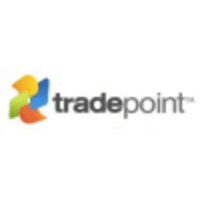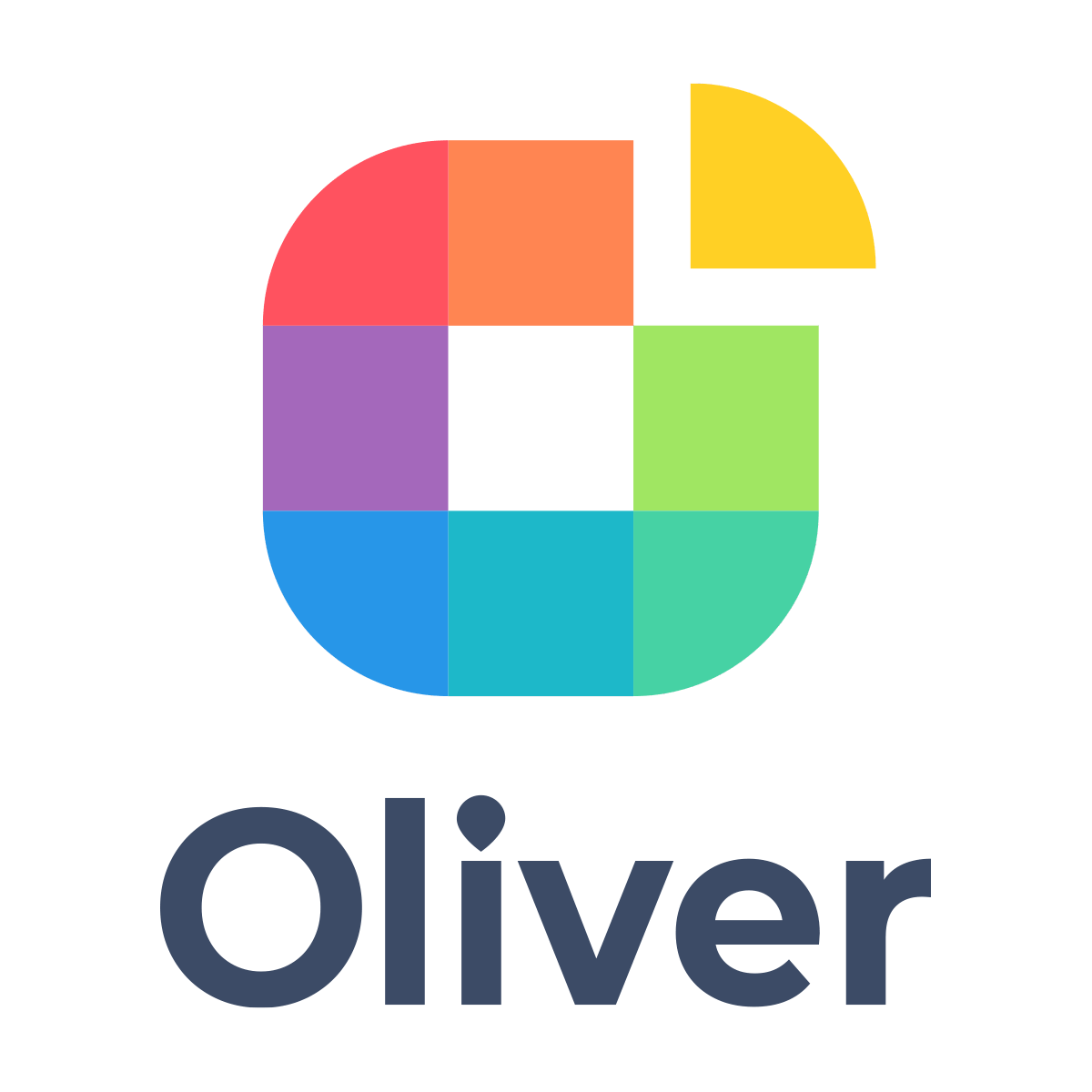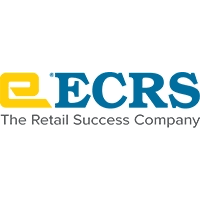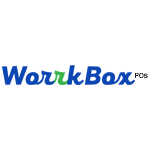Description

Tradepoint

Xilnex
Comprehensive Overview: Tradepoint vs Xilnex
Tradepoint and Xilnex are both software solutions designed to address various business needs, particularly in the areas of retail and point-of-sale (POS) systems. Below is an overview of these products based on your queries:
Tradepoint
a) Primary Functions and Target Markets
- Primary Functions: Tradepoint is an integrated business software solution that often includes functionalities such as inventory management, sales and purchase order processing, customer relationship management (CRM), and comprehensive financial management tools. It’s designed to offer end-to-end support for business operations, enabling seamless management from one centralized platform.
- Target Markets: Tradepoint typically targets small to medium-sized enterprises (SMEs) across various industries, including retail, wholesale, and manufacturing. Its features are tailored to businesses needing an all-in-one solution to streamline operations and enhance productivity.
b) Market Share and User Base
- Tradepoint's market share and user base are relatively niche compared to larger, more established ERP systems. Its focus on SMEs means it competes with many similar-sized solutions rather than the giants like SAP or Oracle. Detailed market share data may not be publicly available due to its specialized nature.
c) Key Differentiating Factors
- Comprehensive Suite: Offers a wide range of integrated applications without the need for extensive third-party add-ons.
- Customization: Provides high levels of customization to suit unique business processes, appealing to enterprises that have specific operational needs.
- Ease of Use: Generally praised for its user-friendly interface which allows for less training compared to more complex ERP systems.
Xilnex
a) Primary Functions and Target Markets
- Primary Functions: Xilnex is a cloud-based POS system that offers features such as inventory management, customer loyalty programs, reporting and analytics, and multi-outlet management. It focuses on delivering real-time data and insights to help businesses optimize their operations and enhance customer experiences.
- Target Markets: Xilnex primarily targets the retail sector, including boutiques, franchise chains, cafes, and restaurants. Its flexibility and scalability make it suitable for businesses ranging from small independent stores to large chains with multiple outlets.
b) Market Share and User Base
- Xilnex is more established in the ASEAN region, with a growing presence in other international markets. Its user base includes a wide variety of retail operations, though it is still expanding compared to globally dominant POS systems. Market share specifics would depend on regional adoption and competitive dynamics.
c) Key Differentiating Factors
- Cloud-Based Flexibility: Being cloud-native, Xilnex offers the advantage of lower upfront costs, automatic updates, and accessibility from any location with internet connectivity.
- Real-Time Insights: Provides robust real-time analytics tools, allowing for dynamic decision-making and adaptive business strategies.
- Focus on Retail: Specifically tailored features to enhance retail operations, such as customer loyalty programs and detailed sales reporting, which may not be as prominent in more generalized ERP systems like Tradepoint.
- Scalability: Particularly advantageous for businesses looking to scale, as it can easily adapt to both small and large retail operations.
Comparison Summary
- Market Focus: Tradepoint is more comprehensive in terms of ERP functionality suitable for SMEs across varied industries, whereas Xilnex is specifically tailored for retail operations.
- Platform: Tradepoint tends to offer an all-in-one integrated system, while Xilnex emphasizes cloud-based convenience and real-time data management.
- Features: Xilnex has specialized retail features, whereas Tradepoint offers broader ERP capabilities that may not be as retail-specific.
Each solution has its strengths depending on the specific needs and size of the business. Enterprises should choose based on their operational focus, scale, and the specific functionalities they require.
Contact Info

Year founded :
Not Available
Not Available
Not Available
Belgium
Not Available

Year founded :
Not Available
Not Available
Not Available
Not Available
Not Available
Feature Similarity Breakdown: Tradepoint, Xilnex
Tradepoint and Xilnex are both point-of-sale (POS) and business management solutions designed to streamline operations for various types of businesses, such as retail and hospitality. Here's a feature similarity breakdown between the two:
a) Core Features in Common
-
Point of Sale (POS) Functionality: Both Tradepoint and Xilnex offer comprehensive POS systems that support sales transactions, customer management, and inventory tracking.
-
Inventory Management: They both provide tools for managing stock levels, reordering supplies, and tracking inventory movement.
-
Customer Relationship Management (CRM): Each platform includes CRM capabilities to manage customer data, track purchase history, and implement loyalty programs.
-
Reporting and Analytics: Tradepoint and Xilnex offer reporting features that help businesses gain insights into sales performance, inventory status, and customer behavior.
-
Multi-Store Management: Both solutions support multi-store operations, allowing users to manage multiple locations from a single platform.
-
Employee Management: Both provide functionalities for managing employee shifts, tracking time, and managing roles and permissions.
-
Integration Capabilities: Each system can integrate with various third-party applications for extended functionality, such as accounting software (like QuickBooks or Xero).
b) User Interface Comparison
-
Tradepoint:
- Offers a more traditional interface with robust features that can sometimes appear cluttered.
- It may require a steeper learning curve for new users due to its comprehensive nature.
- Focuses on functionality and may not prioritize aesthetic design as much.
-
Xilnex:
- Known for a more modern, intuitive interface that emphasizes user-friendliness.
- Generally easier to navigate with a cleaner layout, which can be appealing to small business owners or new retail staff.
- Prioritizes ease of use and quick access to core functions.
c) Unique Features
-
Tradepoint:
- Often includes more advanced enterprise-level features, which can be advantageous for larger businesses with complex needs.
- Offers robust customization options and industry-specific modules that can be tailored to specific business requirements.
- May provide more comprehensive accounting functionalities compared to Xilnex.
-
Xilnex:
- Offers a cloud-based platform, making it highly accessible with real-time data updates across all devices; particularly beneficial for remote management.
- Emphasizes mobility and flexibility, often including mobile POS solutions.
- May feature AI-driven insights for predictive analytics, giving businesses a proactive approach to inventory management and customer engagement.
Both systems have strengths that cater to different types of businesses. Tradepoint might be more suited to larger enterprises looking for a comprehensive solution, whereas Xilnex could appeal to smaller businesses seeking ease of use and modern cloud-based accessibility.
Features

Not Available

Not Available
Best Fit Use Cases: Tradepoint, Xilnex
Tradepoint and Xilnex are both comprehensive software solutions designed to cater to specific business needs, but they each have particular strengths that make them more suitable for different types of businesses or projects. Here’s how they fit into specific use cases:
Tradepoint
a) Best Fit Use Cases for Tradepoint:
-
Small to Medium-sized Enterprises (SMEs):
- Tradepoint is well-suited for SMEs that need an integrated ERP solution covering various business functions such as accounting, CRM, inventory management, and sales.
- It's beneficial for businesses that aim to streamline operations without incurring the costs associated with large-scale ERP systems.
-
Retail and Wholesale Businesses:
- Tradepoint excels in managing retail operations, including point-of-sale (POS) systems, inventory and order management, and customer relationship management.
- Wholesale businesses can benefit from its inventory tracking and ordering functionalities, which help maintain optimal stock levels and efficient supply chain management.
-
E-commerce Businesses:
- Companies that manage online sales can use Tradepoint to synchronize inventory, manage orders, and handle customer data efficiently.
- Its ability to integrate with other e-commerce platforms enhances its appeal to online retailers.
-
Project-based Companies:
- Companies that operate on a project-by-project basis, such as construction or event management firms, can use Tradepoint to track project costs, manage resources, and ensure timely delivery.
Xilnex
b) Preferred Scenarios for Xilnex:
-
Multi-Outlet Retail Chains:
- Xilnex is particularly beneficial for businesses with multiple retail outlets, offering centralized control over sales, inventory, and customer data.
- Its cloud-based nature allows easy access to data across locations, facilitating consistent operations and management.
-
Hospitality Industry:
- Restaurants, cafes, and hotels can leverage Xilnex for its POS systems, reservations management, and customer loyalty programs.
- Its features support efficient table management and order processing, enhancing customer service in the hospitality sector.
-
Lifestyle and Specialty Retail:
- Businesses like salons, spas, and specialty stores can benefit from Xilnex’s appointment scheduling, inventory tracking, and personalized customer services.
-
Growing Enterprises:
- Enterprises experiencing growth and expansion can use Xilnex to scale their operations, with robust reporting and analytics features to support strategic decision-making.
d) Catering to Industry Verticals and Company Sizes:
-
Industry Verticals:
- Tradepoint is versatile across retail, wholesale, e-commerce, and service-oriented sectors, providing solutions that integrate with existing systems to enhance business processes.
- Xilnex is more specialized for retail and hospitality sectors, offering tailored functionalities like POS systems and customer engagement tools.
-
Company Sizes:
- Tradepoint is ideal for small to medium-sized businesses looking for a cost-effective ERP solution that covers multiple aspects of their operations.
- Xilnex, while also suitable for SMEs, shines when deployed in larger, multi-outlet environments where centralized control and data accessibility are critical.
Both products are designed with scalability in mind, allowing businesses to expand their use of the platforms as they grow, ensuring continued support for evolving business needs.
Pricing

Pricing Not Available

Pricing Not Available
Metrics History
Metrics History
Comparing undefined across companies
Conclusion & Final Verdict: Tradepoint vs Xilnex
To provide a comprehensive conclusion and verdict for Tradepoint and Xilnex, here is an evaluation that considers various factors such as functionality, user experience, cost, and scalability:
a) Best Overall Value
Best Overall Value: Xilnex
When considering overall value, Xilnex tends to stand out due to its flexibility, scalability, and strong feature set that caters to various business needs, particularly in retail and F&B industries. It offers comprehensive functionalities including a robust POS system, inventory management, CRM, and multi-store management. Its cloud-based nature offers easy access and updates with relatively low maintenance costs in the long run.
b) Pros and Cons
Tradepoint
-
Pros:
- Offers robust ERP capabilities that are particularly beneficial for larger enterprises.
- Strong inventory and supply chain management features.
- Comprehensive reporting and analytics.
- Familiar interface for users experienced with Microsoft dynamics.
-
Cons:
- Can be costly, especially for smaller businesses.
- Generally requires more time for implementation and training.
- Less flexible in terms of customization compared to cloud-based solutions.
Xilnex
-
Pros:
- Cloud-based solution allows for easy access across multiple locations.
- User-friendly interface and relatively easy to implement.
- Scalable options ideal for growing businesses.
- Strong POS and inventory management features particularly benefit retail and hospitality sectors.
-
Cons:
- May lack some advanced ERP functionalities that larger enterprises might require.
- Dependency on internet connectivity for optimal performance.
- Customization might be limited compared to on-premise systems.
c) Recommendations for Users
-
For Small to Medium Retail Businesses:
- Xilnex would be the recommended choice due to its cost-effectiveness, ease of use, and strong support for multi-location management. It offers the essential features that small to medium businesses need without high overhead costs.
-
For Larger Enterprises or Businesses with Complex Supply Chains:
- Tradepoint may be more suitable as it offers robust ERP solutions that support complex operations. Its comprehensive reporting tools and integration capabilities can greatly benefit operations that need in-depth analytics and seamless integration with other systems.
-
For Businesses Prioritizing Flexibility and Scalability:
- Xilnex should be considered due to its cloud-based nature which supports scalability and remote access, making it ideal for businesses looking to expand or require flexibility in their operations.
Ultimately, the choice between Tradepoint and Xilnex will largely depend on your business size, industry, specific operational needs, and budget. It's crucial to evaluate the long-term benefits and how each system aligns with your strategic goals before making a decision.
Add to compare
Add similar companies



